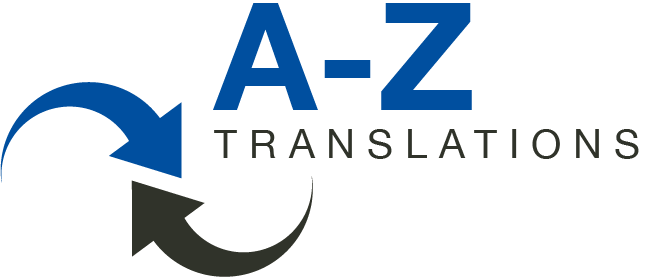When to say no
It’s tempting to accept every job out of customer loyalty, but it’s better to say no than to agree to an unrealistic deadline, or if you are ill or too busy to do a tip-top job. Clients can be fickle – one translation that isn’t up to scratch and they’ll take their business elsewhere. Saying you were rushed is no excuse.
Raising your price for a rush job helps focus the client’s mind on how urgent it really is, while splitting large jobs with colleagues can relieve pressure.
Saying no to an assignment with a silly deadline demonstrates that you won’t compromise on quality and would rather miss out on the business than turn in a sloppy job. Most clients will thank you for showing that you have their best interest at heart.
And this is true not only for existing clients, but also for those approaching you for the first time.
Of course you need to say why you won’t do the translation, particularly emphasizing the time factor a high-quality output requires. And even if the client says that the quality doesn’t matter, I’m not sure I would do it. The chance that my professional image will be tarnished is too high, and that’s just not worth it to me, regardless of how much the client is willing to pay.
Sacrificing your free time, especially the weekends, is also something you should consider very carefully. Time cannot be bought for all the money in the world. I am a firm believer of regular office hours for freelancers. I work to live, not the other way around, after all.
However, I also understand that saying no to a job can be even harder in these times, as the last few months have been hard for a lot of translators. Still, I would counsel towards prudence, integrity and health, if at all possible. It is very, very hard to repair a damaged reputation, not to speak of damaged health!
This is number 34 of the «101 things a translator needs to know» compiled by WLF Think Tank. If you haven’t heard of it, go to the web site and check it out. I got my copy from Chris Durban herself at a translator’s conference in Berlin a few years ago. It is full of useful, often funny, sometimes familiar, but always sound advice both for beginners and seasoned translators.

